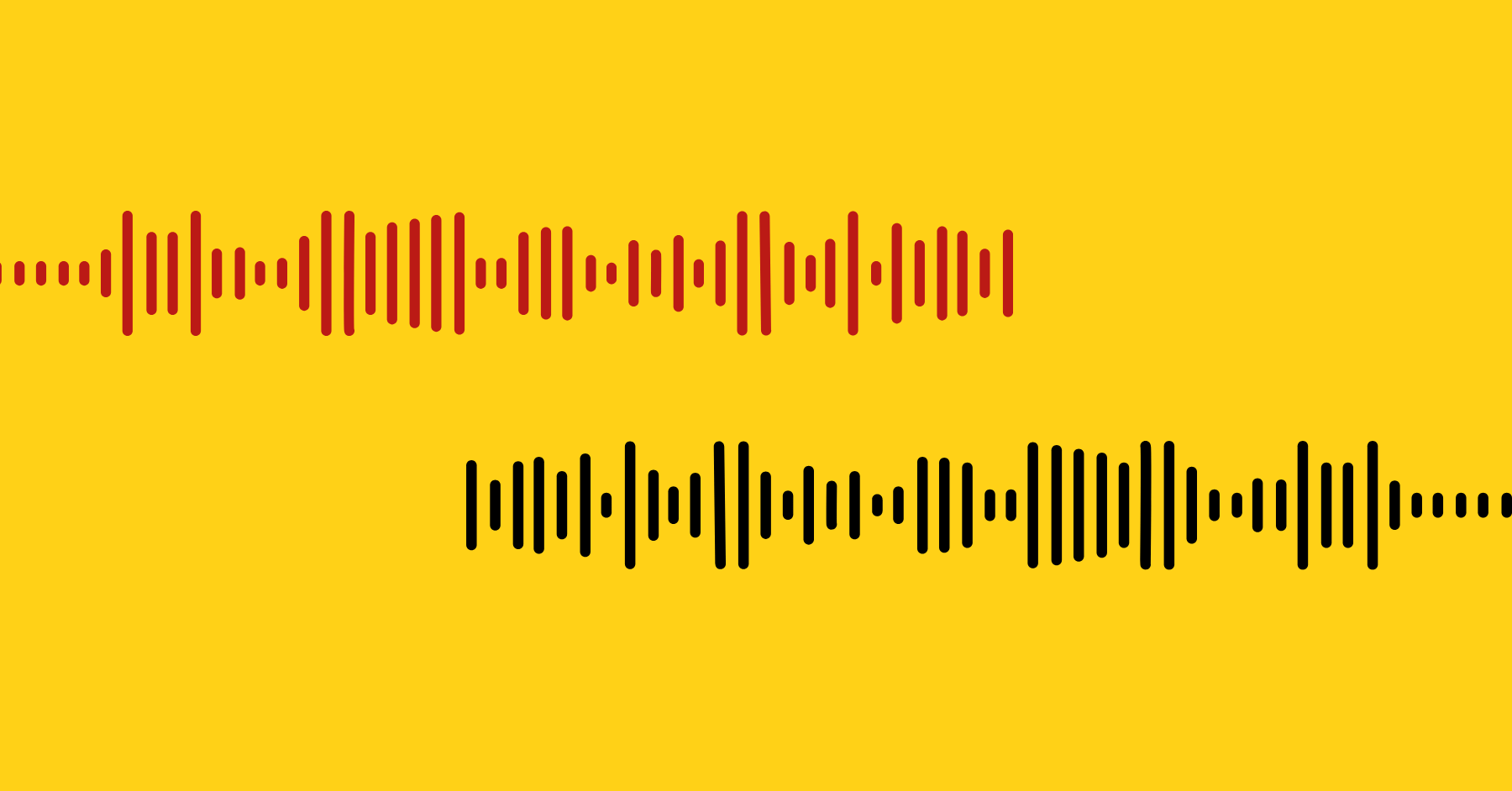🗣️ German Nursing Vocabulary You Should Know

Estimated reading time: 3 minutes
Learning German is not just about grammar and conversation—it’s about using the right words in the right context. For Indian students preparing for B.Sc Nursing or Ausbildung in Germany, knowing German nursing vocabulary (Pflegewortschatz) can give you an edge during training, exams, and day-to-day patient care.
🔤 Commonly Used Nursing Words in German
Here are some everyday terms used by nurses in German hospitals and clinics, along with examples that show how to use them naturally in real-world scenarios:
1. Der Patient / Die Patientin – The patient
Der Patient wartet im Behandlungszimmer.
The patient is waiting in the treatment room.
2. Die Pflege – Nursing or care
Pflege ist ein wichtiger Teil der medizinischen Versorgung.
Nursing is an important part of medical care.
3. Die Krankenschwester / Der Krankenpfleger – Nurse (female/male)
Die Krankenschwester gibt dem Patienten Medikamente.
The nurse is giving the patient medication.
4. Blutdruck messen – To measure blood pressure
Ich muss Ihren Blutdruck messen.
I have to take your blood pressure.
5. Die Spritze – Injection or syringe
Der Patient bekommt eine Spritze gegen die Schmerzen.
The patient is getting an injection for the pain.
6. Die Tablette – Tablet or pill
Bitte nehmen Sie diese Tablette dreimal täglich.
Please take this tablet three times a day.
7. Die Wunde – Wound
Die Wunde muss täglich verbunden werden.
The wound must be dressed daily.
8. Fieber messen – To take temperature
Haben Sie heute schon Fieber gemessen?
Have you taken your temperature today?
9. Die Hygiene – Hygiene
Hygiene ist in der Pflege besonders wichtig.
Hygiene is especially important in nursing.
💬 German Phrases for Patient Communication

When working as a nurse in Germany, communication with patients and doctors is key. Here are a few polite and professional phrases to start with:
- Wie fühlen Sie sich heute? – How are you feeling today?
- Ich helfe Ihnen beim Aufstehen. – I’ll help you get up.
- Haben Sie Schmerzen? – Do you have pain?
- Ich komme gleich zurück. – I’ll be right back.
- Bitte sagen Sie Bescheid, wenn Sie Hilfe brauchen. – Please let me know if you need help.


